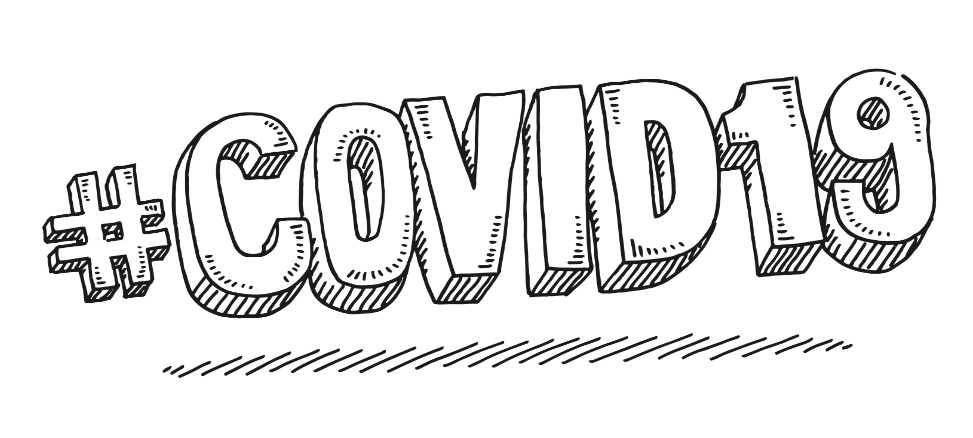Members of The Commons,
The pandemic has dramatically changed our lives in little more than a week. Uncertainty reigns as we all grapple with new public health restrictions and new ways of being together while apart. We at The Commons have been heartened to see the civic tech and gov tech communities spring into action, undaunted, to play a role in stopping the spread of the coronavirus. Valuable new tools and resources have emerged, seemingly overnight.
This special edition of the Commons aims to spread the word about what our community is doing in this difficult time. It also highlights important calls for volunteers and a newly relevant article we published in last year’s “What Can We Do in a Crisis?” issue. Check out the links below, which offer models for cities to use and other ways to help.
Stay healthy,
The COVID Tracking Project: Collects up-to-date testing data from all U.S. states, Washington D.C. and five U.S. territories to provide a detailed picture of testing efforts to date. (The Centers for Disease Control is not currently publishing testing data.) There’s an API in the offing.
Real-time map of cases and resources for LA: This platform provides the latest COVID-19 information for the City of Los Angeles and Los Angeles County—the location of confirmed cases, along with community resources such as food banks, locations for seniors to eat and site closures. Created by the Homeland Security Advisory Council at Pepperdine University’s School of Public Policy. New data layers (such as testing sites) will be added as data becomes available.
Ask a scientist: This site offers detailed answers to a wide variety of questions. Created through a collaboration between The Federation of American Scientists, the New Jersey Office of Innovation and NYU’s Governance Lab, the site’s code base is available here for anyone interested in adding an “Ask a Scientist” widget to a website.
The Coronavirus Tech Handbook is a comprehensive resource for technologists, civic organizations, public and private institutions, and specialists of all kinds.
Alberta’s self-assessment tool: Alberta spun up this plain language tool, which is a great model for triaging residents to direct them to the right place. The Canadian province’s Health Services agency is urging residents to complete the assessment before making a test appointment.
White House call to action to the tech community: Earlier this week, a new COVID-19 Open Research Dataset (CORD-19) of scholarly literature was unveiled. The White House is looking for AI experts to develop new text and data mining techniques that can help the scientific community answer urgent questions.
A call for volunteers: With the virus overwhelming government capacities and a new federal “SWAT team” deployed, USDigitalResponse.org is creating a network of volunteers with relevant experience to assist federal, state and local efforts. The signup form is here.
San Francisco’s on-point guide for residents: The city government created a model example of how to clearly communicate what people can and cannot do.
‘Crises are usually deeply local concerns’: In this piece included in The Commons’ January 2019 “What Can We Do in a Crisis?” issue, New America Public Interest Technology Fellow Jeremiah Lindemann explains why “if you want to help drive impactful change, keep it local.”
